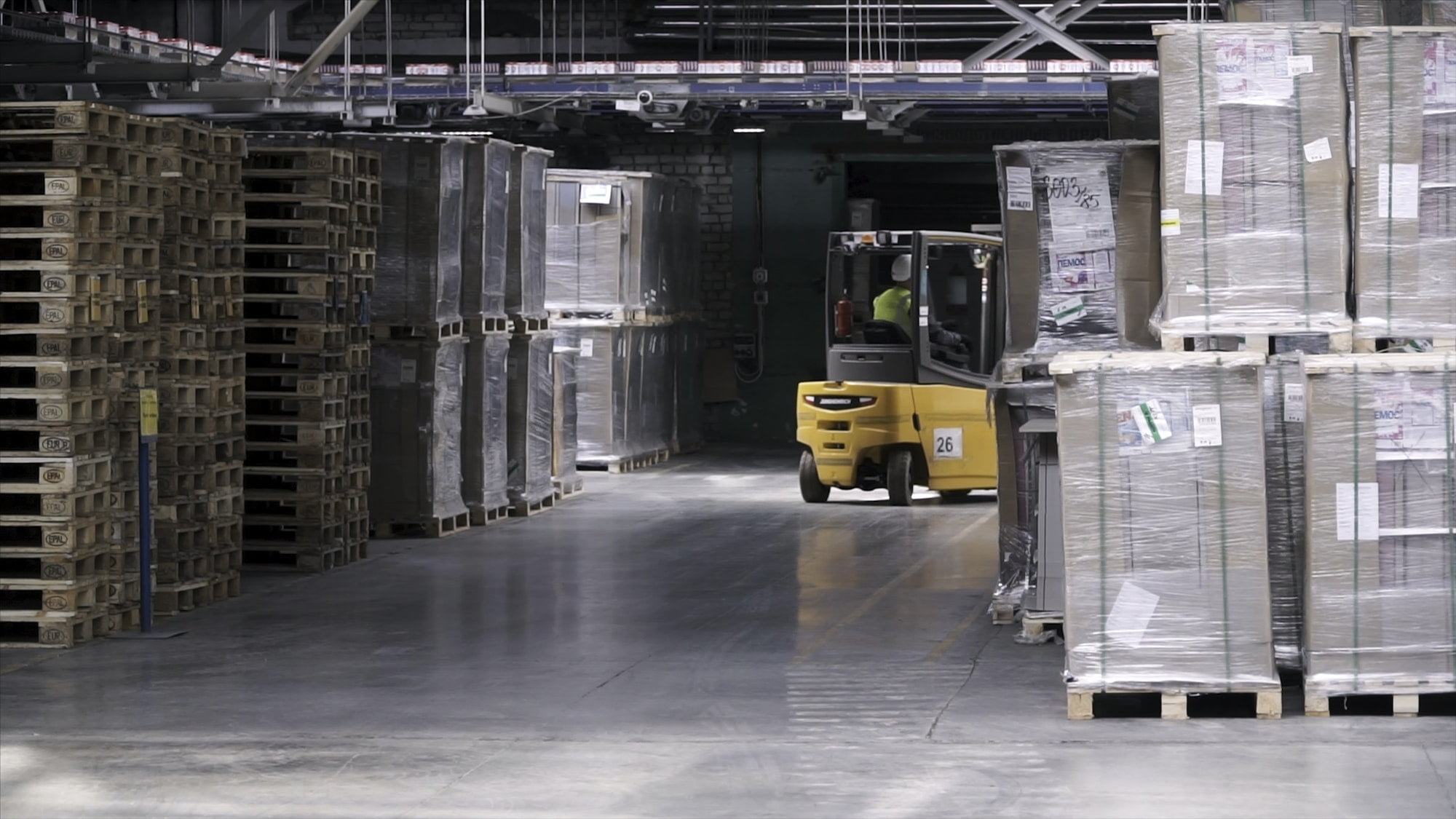Forklift tires are a critical component of any warehouse, and they need to be maintained in order to ensure optimal performance and safety. Without proper maintenance, forklift tires can quickly become worn and cause serious accidents. Fortunately, there are a few simple steps that warehouse owners can take to ensure their tires are properly maintained and safe.
Conducting Regular Inspections
The best way to ensure safe and reliable performance from your forklift tires is to conduct regular inspections. Inspections should be conducted at least once a month, but more frequent inspections may be necessary depending on how much the forklifts are used. During an inspection, the tires should be checked for signs of wear and tear, including cuts, tears, bulges, and other damage. If any of these signs are present, the tires should be replaced immediately.
Inspections should also include checking the tire pressure and ensuring that it is at the proper level. Tires that are over-inflated can cause excessive wear and tear, while tires that are under-inflated can cause the vehicle to be unstable. It is important to ensure that the tires are properly inflated in order to ensure the safety of the driver and any passengers.
Replacing Tires
When it comes time to replace the tires, it is important to choose the right type of tire for the job. There are a variety of different types of forklift tires, and each type is designed for different types of terrain and conditions. Carefully consider all of the options before purchasing new tires to ensure that they are the right type for the job.
In addition to selecting the right type of tire, it is important to make sure that the tires are properly installed. Improper installation can cause the tires to wear prematurely, and it can also lead to unsafe operation. It is best to hire a professional to ensure that the tires are installed properly and that they are the appropriate size for the forklift.
Maintaining the Tread
In order to ensure the best performance from the tires, it is important to maintain the tread. The tread depth should be checked regularly and replaced if it becomes too shallow. It is also important to check for any signs of irregular wear, which can indicate that the alignment of the vehicle needs to be adjusted. Regularly cleaning the tires can also help to improve the performance of the vehicle and extend the life of the tires.
It is also important to regularly inspect the wheel bearings, which can affect the performance of the tires. Wheel bearings that are worn or damaged can cause the tires to wear prematurely, and they can also cause the vehicle to be unstable. Wheel bearings should be replaced as soon as possible if they are worn or damaged.
Turnkey Maintenance Solutions
For warehouse owners who want to ensure the optimal performance and safety of their forklift tires, turnkey maintenance solutions are available. These solutions provide a comprehensive program of tire maintenance, which includes regular inspections, tire replacement, and wheel bearing maintenance. By investing in a turnkey solution, warehouse owners can ensure that their forklift tires are always in the best condition and that they are always performing at their peak efficiency and safety.
Forklift tire maintenance is an important part of keeping a warehouse safe and running efficiently. Regular inspections, proper installation, and ongoing maintenance are essential for ensuring that the tires are in the best condition and that the vehicle is operating safely. By investing in a turnkey maintenance solution, warehouse owners can ensure that their forklift tires are always in the best condition and that they are always performing at their peak efficiency and safety.

